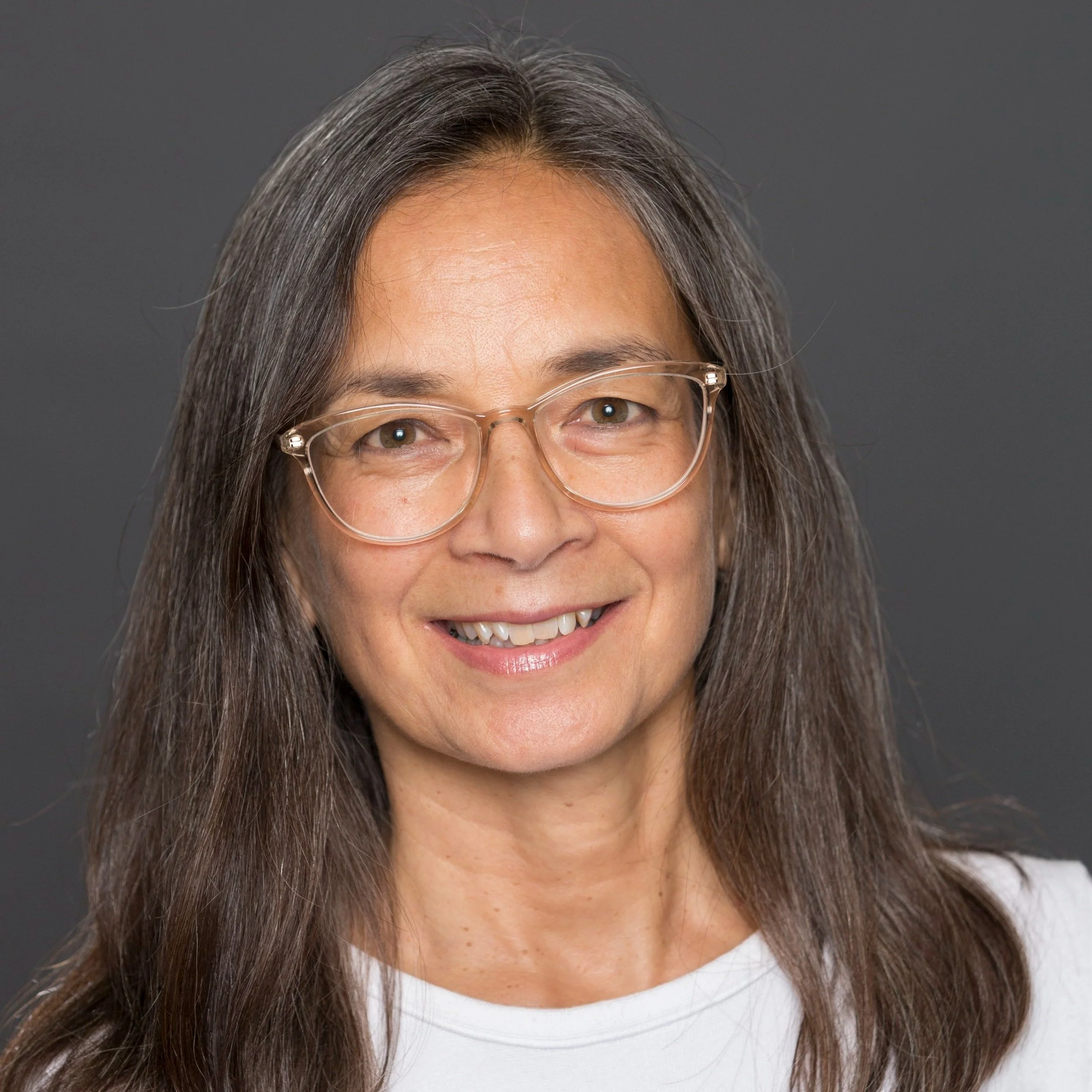01. SCALE SORTING
To unlock the huge potential of textile-to-textile recycling, large scale investment is needed globally throughout the value chain, but particularly in collection and sorting.
Funding and optimizing these operations enables all other technologies to scale at the necessary rate and benefits all levels of a functioning circular economy from resale, repair and recycling.
KEY ACTIONS FOR:
-
Ensure material composition data is accurate and comprehensive. Use Digital ID labels to store circularity data on products
-
Separate your production waste by composition and ideally colour. Use platforms like Reverse Resources to trade your textile waste. Build relationships with recyclers in your region
-
Communicate your needs to brands, retailers and manufacturers. Lobby your government for legislation to support collection and sorting infrastructure. Explore supportive NIR technologies to help monetize and valorize “unwearable” fractions
-
Communicate your feedstock criteria. Build relationships with brands and their supply chain partners, secure offtake agreements. Explore making offtake agreements with sorters
-
Signal demand for procuring recycled textiles,. Financially invest into local sorting facilities
-
Never throw clothing or textiles in the trash
Always wash items before donating, and dispose through responsible channels like municipal recycling or in-store bins. Don’t stop donating! Donations are a vital part of the supply chain (its the sortation, waste management and export that need improvement)
Write to local government to ask what provisions your area has to handle textile waste
-
Facilitate collections of household textiles. Help communicating requirements of collectors and sorters to businesses and citizens . Co-invest in sorting facilities to keep this within proximity to textile waste collection. Offer tax breaks or incentives to local sorting businesses. Invest in open source platforms like A-GAIN Guide to empower citizens to take care of used clothing
-
INVEST!!
Invest in large scale physical sorting infrastructure. Invest in sorting infrastructure globally, not only the Global North. Invest in automated sorting to support traditional, manual sorting operations
“When we talk about the brand, we talk about the sorters, we talk about the consumers, we talk about the collectors, all of these people have to collaborate. It's not like the collaboration only has to happen in one place - it needs to happen in all places”
Karla Magruder - Founder Accelerating Circularity
SPOTLIGHT: SORTING
-
SOEX / I:CO
Germany, UK, UAE, China, Japan
SOEX is one of the most established major groups leading mass collection, processing, trading and recycling of used textiles and shoes. Their subsidiary I:CO is the global service provider for in-store take-back services for brands and retailers. Items unsuited to resale are downcycled on site and sold as fibers.
-
TEXAID
Switzerland, Germany, Austria, Bulgaria, Hungary, US
TEXAID is one of Europe’s leading groups for textile collection and sorting, handling around 80,000 tonnes each year. The company employs innovative processes, professional collection logistics and state-of-the-art sorting. Textiles that have reached end-of-life enter downcycling to be transformed into cleaning cloths or insulation.
-
SATCOL
UK
Satcol is the trading arm of The Salvation Army, the largest charity-owned textiles collector in the UK, collecting around 50,000 tonnes each year. They sort into multiple categories for resale and distribution through the charity — donating £76 million over the last 10 years.
-
BANK & VOGUE
Canada
Bank & Vogue is a global leader in wholesale used goods, originally founded to service The Salvation Army. Beyond Retro is its retail network that resells approximately 500,000 items each year. They have a multi-year agreement with recycler Renewcell to supply >30,000 tonnes of textile waste annually.
-
RECUPRENDA
Spain
Recuprenda offers holistic circular economy services for major brands and retailers. They collect, sort and manage textile waste through multiple channels of resale, repair, and renewall, as well as connecting them to important recycling operators, aggregating volumes. This approach realizes the maximum utilization of textiles.
-
THE RENEWAL WORKSHOP
US, Netherlands
The Renewal Workshop, acquired by Bleckmann in March 2022, works directly with brands to unlock the recommerce of their products. Their system includes sorting, grading, cleaning and repairing to maximize resale opportunity. Their technology platform provides everything required for recommerce.
-
SYSAV (SIPTEX)
Sweden
Siptex is the world’s first large-scale textile waste facility of its kind, with processing capacity of 24,000 tonnes/year. It sorts textiles by color and fiber composition using near-infrared light (NIR), automating the handling of huge volumes to produce sorted feedstocks suitable for different advanced recyclers.
-
TAKATAKA SOLUTIONS
Kenya
TakaTaka Solutions is the largest waste management and recycling company in Kenya, managing 70 tonnes of waste per day. They recently established TakaTaka Textile Recycling to pilot a scalable textile recycling model for Kenya and beyond, by leveraging their waste collection capacity and setting up a textile sorting center and recycling plant.
-
NEW RETEX
Denmark
New Retex connects automated waste textile sorting and production of recycled yarns. They specialize in advanced sorting based on color, material types, and structures. This enables flexible fragmentation for fiber-to-fiber reuse. New Retex also develops and produces mechanically recycled yarns to turn more discarded clothes into new ones. Their two-way data collection and traceability at batch level ensure transparency and documentation for customers and partners.

